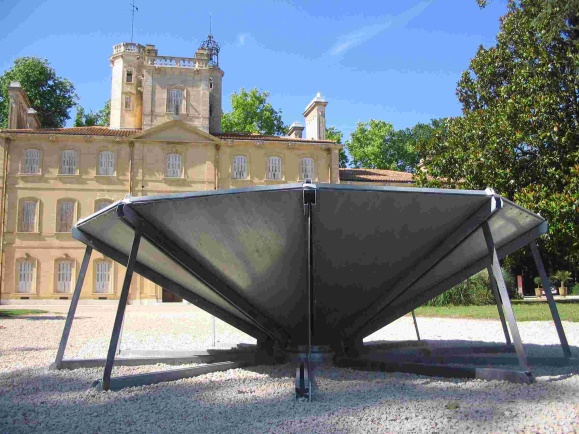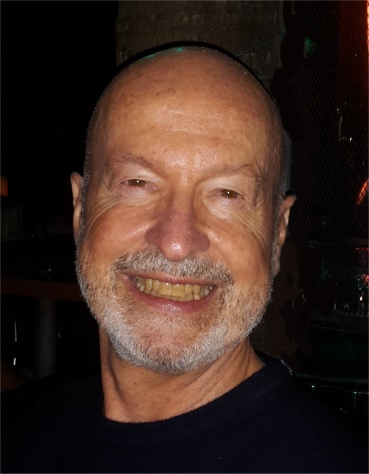COLLOQUIUM 2024
Radiative cooling to harvest water from air
| Speaker | Daniel Beysens, Physique et Mécanique des Milieux Hétérogènes, CNRS, ESPCI PSL Research University, Sorbonne Université, Université Paris Cité, Paris, France and International Organization for Dew Utilization, www.OPUR.cloud, Paris, France |
| Date/Time | Monday, 28 Oct, 3PM |
| Location | Conference room: S11-02-07 |
| Host | Dr Hwang Jae Suk |
Abstract
The atmosphere contains considerable water vapor (13000km3), which has only recently been considered as a new source of fresh water. Active cooling devices can extract such water at the cost of considerable energy. Radiative cooling, nevertheless, can provide relatively high cooling power: 1m2 of highly emissive substrate can provide in a clear sky 100 W cooling power, the equivalent of what gives a fridge. In theory, this power should provide about 3.5L per m2 per day. Natural dew, which forms during clear and calm night, is a well-known example of such a process. However, dew yield is far from the theoretical limit.
We will here discuss the efforts to reach this limit, the last attempts being to take benefit of the anisotropy of radiative cooling with respect to zenith. We will also review the different realizations in the world (by opur.cloud) to passively condense and collect such water from the atmosphere.


Biography
Prof. Daniel Beysens is Honorary Director of Researches at the PMMH laboratory (Physique et Mécanique des Milieux Hétérogènes), a joint laboratory of CNRS (Centre National de la Recherche Scientifique) and ESPCI–PSL (Ecole Supérieure de Physique et Chimie Industrielle – Paris Sciences et Lettres). He is President – founder of the OPUR International Organization for Dew Utilization and was President of the European Low Gravity Research Association. His area of expertise is phase transition: In space, to improve the management of fluids, with emphasis on near and supercritical conditions, and on earth, to obtain water from air by passive radiative condensation. He started the investigation of water condensation at the Alternative Energies and Atomic Energy Commission, when he was Head of Institute. Prof. Beysens is Associate Editor of several scientific journals and has authored many books and scientific publications. He was awarded various prices and honors in Physics and Environmental Sciences.
